September 8, 2025, 2:12pm
Fall is in the air, which means millions of American teenagers are sailing into English class. Stakes are high. Will the syllabus plant a life-long love of literature? Or simply send everyone running to ChatGPT?
The season shift has me reflecting on my own high school syllabus—and specifically, why some books hit and others didn’t. Certain novels, like Alan Paton’s Cry the Beloved Country, strike me as poor choices from this vantage mostly thanks to a lack of historical context. Others fell victim to covers that made the contents seem more interesting than the insides. (Looking at you, A Connecticut Yankee in King Arthur’s Court.)
But now that I’m a grown-up reader, I’ve come to appreciate most of the books I had to read in high school—even as I can criticize the way we met. But here’s how I’d have ranked them if you’d asked me at 16.
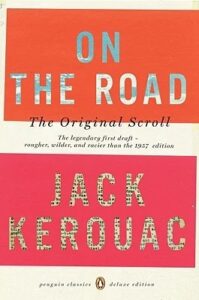
12. Jack Kerouac, On the Road
It should have been exciting, this tale of freedom. But somehow this was the first rat I smelled in the canon. Kerouac’s pretentious hitchhiker’s guide lacked the panache, humor, and focus of this one by Douglas Adams. I thought our narrator was annoying. And I didn’t have a license yet, so all the driving stuff just bummed me out.
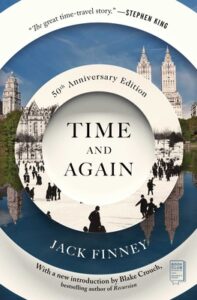
11. Jack Finney, Time and Again
Reading the synopsis in 2025, Jack Finney’s Time and Again sounds great. We’ve got an ad man pressed into Secret Service. We’ve got time travel. We’ve got The Dakota Hotel as a set piece—and to those of us just getting into The Beatles, this was most auspicious.
But somehow, I remember hating this book. I saw red with boredom, and raged at the mechanics. Maybe it was the fact that “time travel” was achieved in this world by hypnotic walks. Instead of something awesome, like a TARDIS.
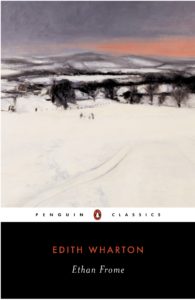
10. Edith Wharton, Ethan Frome
As a Wharton stan in adulthood, I also marvel at my how much I loathed this book in ninth grade. But compared to all the gossipy bits in The Age of Innocence or The Custom of the Country, this novel is dry like toast. Ethan is insufferable, and not in a fun way like Undine Spragg.
Come to think of it, I’m still mad about this. Why didn’t we read one of the good ones, Dr. D’Angelo?!
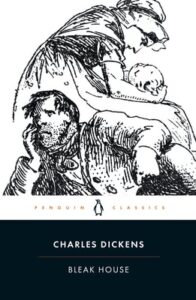
9. Charles Dickens, Bleak House
These days, I’m all about that windy Gothic fiction. But in 200*, this page count was at real odds with both my Drama Club commitments and social calendar. (<–Repetitive.)
Also? Hard pressed to think of a worse sell to high-schoolers than “the framing device is a contested will.” Wills are the most boring concept in the world to people who don’t technically own any stuff. George Eliot’s Middlemarch would suffer the same eye rolls.
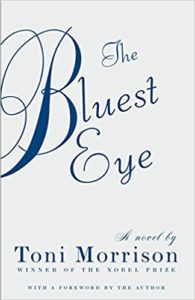
8. Toni Morrison, The Bluest Eye
I know, I know. What is this masterpiece doing in the mid-list, you wonder. But here again we had a timing problem. This book blew my mind, but I read it a few years before it was assigned due to being precocious and afforded too much power in an ill-fated mother-daughter book club. The abusive father and violent end were a little above our collective pay grade, and paired very poorly with tea and Girl Scout cookies.
Though the novel stayed with me forever, the book club ended in tears.
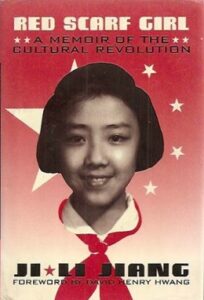
7. Ji-Li Jiang, Red Scarf Girl
Conspicuous for being one of very few books from the whole Asian diaspora to reach our English syllabus—what’s that about, hindsight?!—this one stuck with me for its diaristic tone, and the illuminating look at Mao’s Cultural Revolution.
Also, I thought Ji-Li was a true badass. Teens in jail, teens working in the fields, teens facing down the government? At this moment in my relatively charmed childhood, this all seemed unprecedented.
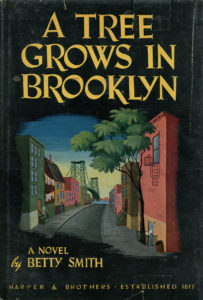
6. Betty White, A Tree Grows in Brooklyn
This novel also clicked for sympathetic girlhood reasons. Francie is so spunky, and even though her turn-of-the-century-tenement-in-Williamsburg life had little to do with my own, I could connect to her because we both had crushes, little brothers, and imaginations. (Some of these same strands would also bond me to Anne Frank.)
Plus, Brooklyn. Was this the first I heard of Brooklyn? Did you know that trees grow in Brooklyn and drop seeds in suburban Maryland to this day?!
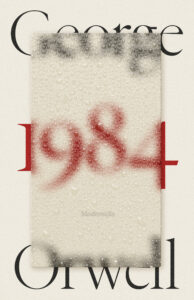
5. George Orwell, 1984
Ah, the “Utopia, Dystopia” unit! Thanks Mr. Fleming, for setting some of us down the radical path with this spate of “Question Everything” books. (See also the honorable mentions: A Clockwork Orange, Brave New World.)
It was a hop skip and a jump from here to Pink Floyd and Public Enemy, to punk and Che Guevara. No, mother, we cannot trust the government. Because we’ve finally got a cause to rebel against. Yes, it’s Margaret Thatcher.
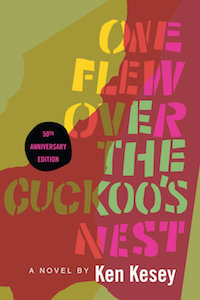
4. Ken Kesey, One Flew Over the Cuckoo’s Nest
Another memorable station in my suspicious/contrarian reading life, but minus points for the nightmares. Raise your hand if you too had an unproductive fear of nurses into your twenties.
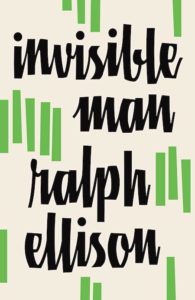
3. Ralph Ellison, Invisible Man
Very good. Very alarming. And though I somehow wrote an A paper on it (see what I did there?), Very much went over my head at 15. The Battle Royale lingered, as did a general sense of disquiet. Certain racial perceptions had also been activated. But I’d need to revisit this one a few more times to appreciate the whole genius.
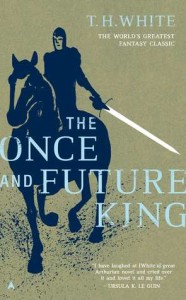
2. T.H. White, The Once and Future King
Prepare for an extremely dorky confession. This is still one of my favorite books. It’s got everything—magic, succession, betrayal, war, sex, drama. There are true and proper villains (Mordred, Morgan Le Fay). And wizards. And knights.
Though all the nation-building stuff may have been the point of this assignment, I took a more dubious lesson to heart. You shouldn’t leave your best friends alone together if they have any sexual chemistry.
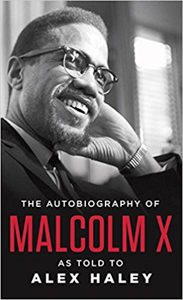
1. The Autobiography of Malcolm X, as told to Alex Haley
I met this one at just the right time, and will go to the gallows saying Malcolm X is a great read for fussy, radically inclined teens. Our narrator is wise-cracking, wry, bombastic, charismatic, and certain—everything you want to be when you’re angry and powerless.
Now watch this space for next week’s reckoning with “Glaring Holes in the Canon.”
